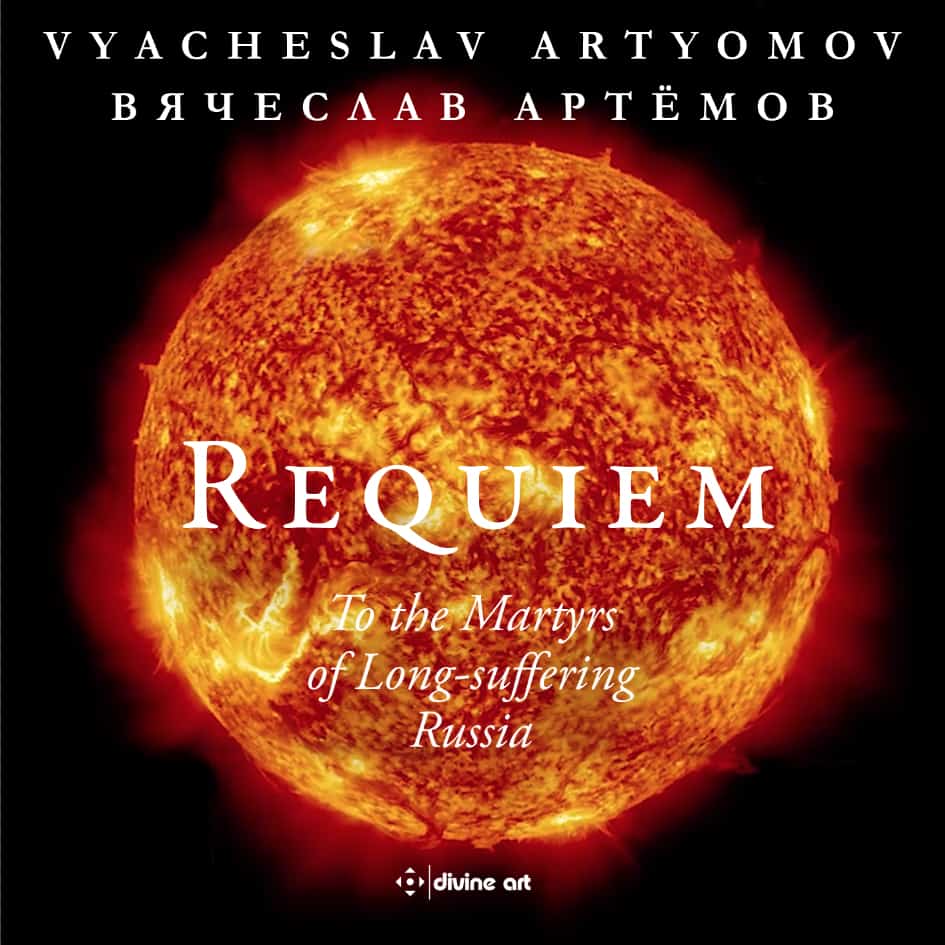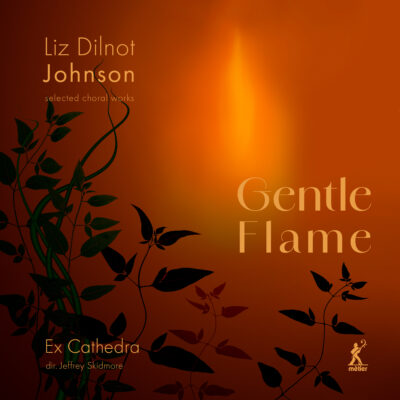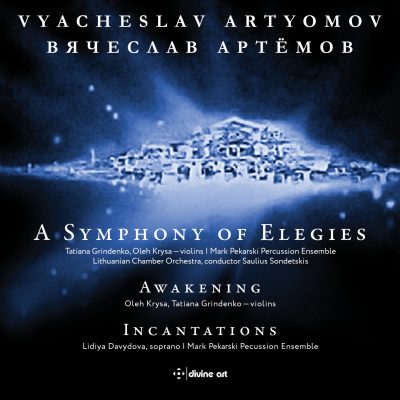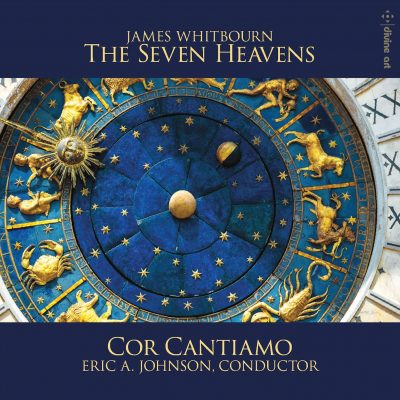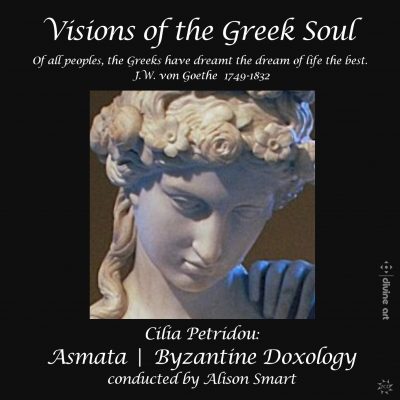Artyomov: Requiem
Vyacheslav Artyomov is considered by many to be Russia’s greatest living composer. Since the fall of the Soviet regime his music has travelled the world to great acclaim. It is deep, ultimately spiritual and brilliantly crafted, with influences from the Russian symphonic tradition colored by Mahler, Scriabin, Honegger and Messiaen to name a few – but melded into a unique voice.
The Requiem, together with his massive Symphony cycles, was the work which brought enormous acclaim to Artyomov both in Russia and in the USA. It was the first Requiem to be written by a Russian after the 1917 Revolution and the first to be performed in the former USSR. Dedicated ‘to the Martyrs of Long-Suffering Russia’ it is a true masterpiece in which several parts of the mass are given treatments very different from the ‘norm’. Exciting, moving and bristling with power and passion, this is a Requiem to stand alongside the established great Requiems of the past. The performers are those who gave the Moscow premiere, and give a stunning performance.
Soloists: Yelena Brilova, Inna Polianskaya & Lyubov Sharnina (Sopranos); Alexei Martynov (tenor); Mikhail Lanskoi (baritone); Andrei Azovsky (treble);
Oleg Yanchenko (organ); Sveshnikov Boy’s Chorus; Kaunas State Chorus.
Track Listing
-
Vyacheslav Artyomov (b.1940):REQUIEM
- I. Introitus: Requiem aeternam (4:50)
- II. Kyrie Eleison (3:40)
- III. Dies irae, part 1 (2:19)
- IV. Dies irae, part 2 (5:08)
- V. Tuba mirum (3:26)
- VI. Recordare, Jesu pie (7:28)
- VII. Confutatis maledictis (4:11)
- VIII. Lacrimosa dies illa (3:55)
- IX. Domine Jesu Christe (3:08)
- X. Hostias et preces (4:41)
- XI. Sanctus Dominus Deus Sabaoth (5:15)
- XII. Benedictus (4:06)
- XIII. Agnus Dei (5:17)
- XIV. Libera me (6:10)
- XV. Requiem aeternam (6:28)
- XVI. In paradisum
Reviews
“Artyomov undoubtedly had some daring to present a mass “for the martyrs of Long-suffering Russia”. His Requiem is a vast cry that alternates revolt and elegy, vehemence and lamentation. The mass of the choruses is combined with a powerful orchestra that is further strengthened by the organ and the bells. (four stars)
” —Sarah Léon
“Artyomov (b 1940) has become one of Russia’s most celebrated living composers. Every so often, thank goodness, the cause of aesthetic justice is served. By the time this thing ends, you’ll know you’ve been somewhere. This issue is “definitive” in musi¬cal terms… A blockbuster of a work.
” —Philip Greenfield
“Magnificent, truly moving … Artyomov’s goal was nothing short of a large scale work which would act as a vehicle for national expiation. The chromaticism and violence of this music manages to out-Schnittke Schnittke himself. At times he is as directly communicative as Benjamin Britten in his more renowned (War) Requiem. This is not just another ‘Russian Requiem’ – it grips, moves, and surprises at every turn. A riveting performance of a moving and important work.
” —Richard Hanlon
“A major structure in seven parts across which there are sixteen subdivisions…In keeping with expectations associated with Requiem this work is a grand statement. Its subject matter is as much about Russia, its people and their tragic history as about Christianity and Eternity. Artyomov’s musical language is hard-hitting but not avant-garde.
” —Rob Barnett
“A dark, plaintive, tortured work lamenting the plight of the Russian people during the Soviet era. It is at times moving, at times disquieting and disturbing… and has a way of lingering in your mind long after audition.
” —Jean-Yves Duperron
“Here is a great masterpiece, and no mistake. Artyomov is without question one of the greatest living composers. The performance is both thrilling and moving. A must for any lover of 20th century music.
” —Robert Matthew-Walker

